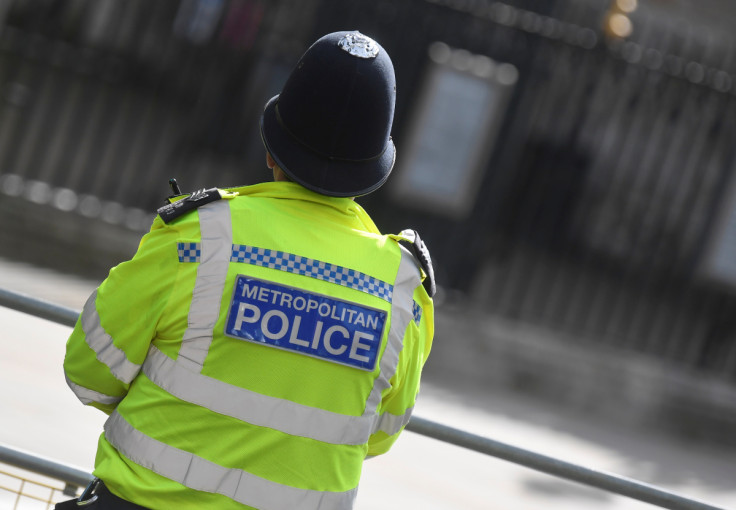Armed Met Police Officer Rams 13-Year-Old Boy Off His Bike For Playing With Water Gun
The boy was even handcuffed and arrested on suspicion of being in possession of a firearm.

Met Police officers rammed a 13-year-old boy off his bike after a police officer mistook his water pistol for a real gun. The incident took place in July this year, when a police van spotted the child with a water gun in Hackney, east London.
According to the Alliance for Police Accountability (APA), the child was "rammed" off his bike by the van and was surrounded by armed police officers. The boy was even handcuffed and arrested on suspicion of being in possession of a firearm. The boy was subsequently de-arrested.
The APA added that armed units from the Met and City of London Police were sent to the site. Even his mother was "treated with contempt by the officers".
His mother said that he was mistreated because of his race. "The attitude of the police to him—and to me—is shown up in the words of the senior officer at the scene when I protested to him about the conduct of his officers; he told me I was lucky that they had not arrested my son.
"For what? For playing with a brightly coloured plastic water gun with his younger sibling on the streets behind our home? For being a black boy on the streets of Hackney?" The Guardian quoted her as saying.
She went on to claim that had her son been a white 13-year-old boy, he would not have been treated the way he was by the Met Police officers.
The boy was having a water fight with his sibling when a police officer reported a potential firearms incident. The Met has now apologised for the incident and acknowledged that their actions have caused trauma to the boy.
"I am sorry for the trauma caused to the child and I am happy to meet with the family again if they feel that would help," said Detective Chief Superintendent James Conway, in charge of policing for Hackney and Tower Hamlets.
Meanwhile, the officers are being investigated for racial bias by the force's standards department. However, an internal probe by the Met has found no misconduct on the part of the officer.
The big picture:
Earlier this year, London's Metropolitan Police came under scrutiny after a report claimed that the organisation failed to protect not only members of the public but its female staff members as well.
A review of the force's conduct by Baroness Louise Casey has made some explosive revelations about the Met Police and its conduct over the years. The report found the force to be "institutionally racist, misogynistic, and homophobic."
The report said that some of the people in the Met have racist attitudes and that "Black, Asian, and ethnic minority officers and staff are more likely to experience racism, discrimination, and bullying at their hands."
It added that the force is still largely white (82%) and male (71%).
The review was launched in February 2022, and Casey, a member of the House of Lords in the United Kingdom, was appointed to investigate its institutional culture.
The Casey review came against the backdrop of the publication of a similar report by the National Police Chiefs Council (NPCC).
An investigation by the NPCC recently revealed that hundreds of complaints were registered against UK police officers between October 2021 and March 2022, but action was taken in less than 1 per cent of these cases.
Recently, an analysis by campaign group Liberty Investigates revealed that black girls are almost three times more likely to be subjected to an invasive strip search by the Met Police as opposed to their white counterparts.
The group analysed data obtained via freedom of information requests for the period between 2017 and 2022. It found that almost half (47%) of those subjected to these strip searches were black.
The report added that 110 female children and teenagers were strip-searched during the aforementioned period. "Fifty-two of them, or 47 per cent, were black, while London's population of black females up to 19 years old stands at 17.5 per cent," said the report.
© Copyright IBTimes 2025. All rights reserved.






















